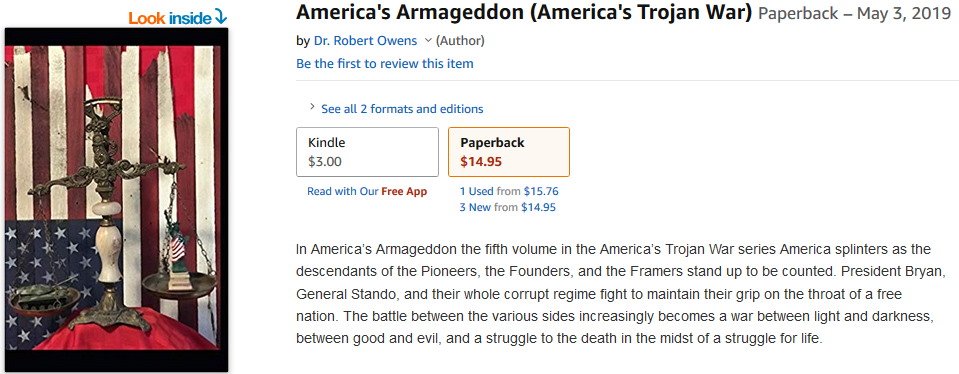OPINION: Why Asia-Europe Relations Matter in the 21st Century
- Written by Shada Islam

BRUSSELS, Jul 14 (IPS) - Hopes are high that the 10th Asia-Europe Meeting – or ASEM summit – to be held in Milan on October 16-17 will confirm the credibility and relevance of Asia-Europe relations in the 21st century.ASEM has certainly survived many storms and upheavals since it was initiated in Bangkok in 1996 and now, with ASEM's 20th anniversary in 2016 approaching rapidly, the challenge is not only to guarantee ASEM's survival but also to ensure that the Asia-Europe partnership flourishes and thrives.
Talk about renewal and revival is encouraging as Asians and Europeans seek to inject fresh dynamism into ASEM through changed formats and a stronger focus on content to bring it into the 21st century.
ASEM's future hinges not only on whether governments are ready to pay as much attention to ASEM and devote as much time and energy to their partnership as they did in the early years but also on closer engagement between Asian and European business leaders, civil society representatives and enhanced people-to-people contacts. An ASEM business summit and peoples' forum will be held in parallel with the leaders' meeting.
Significantly, the theme of the Milan summit – "Responsible Partnership for Sustainable Growth and Security" – allows for a discussion not only of ongoing political strains and tensions in Asia and in Europe's eastern neighbourhood, but also of crucial questions linked to food, water and energy security.
Engagement between the two regions has been increasing over the years, both within and outside ASEM. Five of the 51 (set to rise to 52 with Croatia joining in October) ASEM partners – China, Japan, India, South Korea and Russia – are the European Union's strategic partners. Turkey and Kazakhstan have formally voiced interest in joining ASEM, although approval of their applications will take time. There is now a stronger E.U.-Asian conversation on trade, business, security and culture.
Exports to Asia and investments in the region are pivotal in ensuring a sustainable European economic recovery while the European Union single market attracts goods, investments and people from across the globe, helping Asian governments to maintain growth and development. European technology is in much demand across the region.
Not surprisingly, Asia-Europe economic interdependence has grown. With total Asia-Europe trade in 2012 estimated at 1.37 trillion euros, Asia has become the European Union's main trading partner, accounting for one-third of total trade. More than one-quarter of European outward investments head for Asia while Asia's emerging global champions are seeking out business deals in Europe. The increased connectivity is reflected in the mutual Asia-Europe quest to negotiate free trade agreements and investment accords.
ASEM's connectivity credentials go beyond trade and economics. In addition to the strategic partnerships mentioned above, Asia and Europe are linked through an array of cooperation accords. Discussions on climate change, pandemics, illegal immigration, maritime security, urbanisation and green growth, among others, are frequent between multiple government ministries and agencies in both regions, reflecting a growing recognition that 21st century challenges can only be tackled through improved global governance and, failing that, through "patchwork governance" involving cross-border and cross-regional alliances.
Discussions on security issues are an important part of the political pillar in ASEM, with leaders exchanging views on regional and global flashpoints. Given current tensions over conflicting territorial claims in the East and South China Seas, this year's debate should be particularly important.
Asian views of Europe's security role are changing. Unease about the dangerous political and security fault lines that run across the region and the lack of a strong security architecture has prompted many in Asia to take a closer look at Europe's experience in ensuring peace, easing tensions and handling conflicts. As Asia grapples with historical animosities and unresolved conflicts, earlier scepticism about Europe's security credentials are giving way to recognition of Europe's "soft power" in peace-making and reconciliation, crisis management, conflict resolution and preventive diplomacy, human rights, the promotion of democracy and the rule of law.
In addition, for many in Asia, the European Union is the prime partner for dealing with non-traditional security dilemmas, including food, water and energy security as well as climate change. Europeans too are becoming more aware of the global implications of instability in Asia, not least as regards maritime security.
Meanwhile, over the years, ASEM meetings have become more formal, ritualistic and long drawn-out, with endless preparatory discussions and the negotiation of long texts by "senior officials" or bureaucrats. Instead of engaging in direct conversation, ministers and leaders read out well-prepared statements. Having embarked on a search to bring back the informality and excitement of the first few ASEM meetings, Asian and European foreign ministers successfully tested out new working methods at their meeting in Delhi last November.
The new formula, to be tried out in Milan, includes the organisation of a "retreat" session during which leaders will be able to have a free-flowing discussion on regional and international issues with less structure and fewer people in the room. Instead of spending endless hours negotiating texts, leaders will focus on a substantive discussion of issues. The final statement will be drafted and issued in the name of the "chair" who will consult partners but will be responsible for the final wording. There are indications that the chair's statements and other documents issued at the end of ASEM meetings will be short, simple and to-the-point.
ASEM also needs a content update. True, ASEM summits which are held every two years, deal with many worthy issues, including economic growth, regional and global tensions, climate change and the like. It is also true that Asian and European ministers meet even more frequently to discuss questions like education, labour reform, inter-faith relations and river management.
This is worthy and significant – but also too much. ASEM needs a sharper focus on growth and jobs, combating extremism and tackling hard and soft security issues. Women in both Asia and Europe face many societal and economic challenges. Freedom of expression is under attack in both regions.
ASEM partners also face the uphill task of securing stronger public understanding, awareness and support for the Asia-Europe partnership, especially in the run up to the 20th anniversary summit in 2016.
The 21st century requires countries and peoples – whether they are like-minded or not – to work together in order to ensure better global governance in a still-chaotic multipolar world.
As they grapple with their economic, political and security dilemmas – and despite their many disagreements – Asia and Europe are drawing closer together. If ASEM reform is implemented as planned, 2016 could become an important milestone in a reinvigorated Asia-Europe partnership, a compelling necessity in the 21st century.
Shada Islam is responsible for policy oversight of Friends of Europe's initiatives, activities and publications. She has special responsibility for the Asia Programme and for the Development Policy Forum. She is the former Europe correspondent for the Far Eastern Economic Review and has previously worked on Asian issues at the European Policy Centre.



